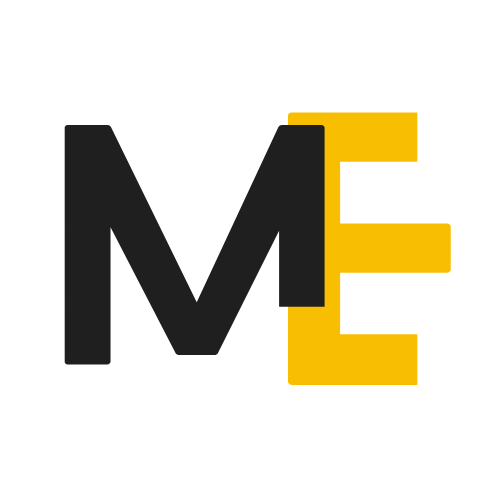Featured Publication
How Uber Scaled Quality Hiring: Interview with Ana Recio, VP of Global Talent Acquisition at Uber
Learn how the VP of Global Talent Acquisition at Uber, drives data-backed hiring strategies, AI integration, and scalable recruiting solutions at Uber.
From AI Frontiers to Global Strategy: How HR Leaders Are Tackling 2025’s Biggest Challenges
Key HR trends: AI in HR, global expansion, recruiting strategy, Gen Z expectations & hybrid work. Insights to shape the future of work.
Mitigating Talent Pool Impacts of Affirmative Action’s Reversal
Explore how affirmative action’s reversal impacts Black student enrollment and talent pipelines. Learn proactive recruiting strategies for inclusive hiring practices.













